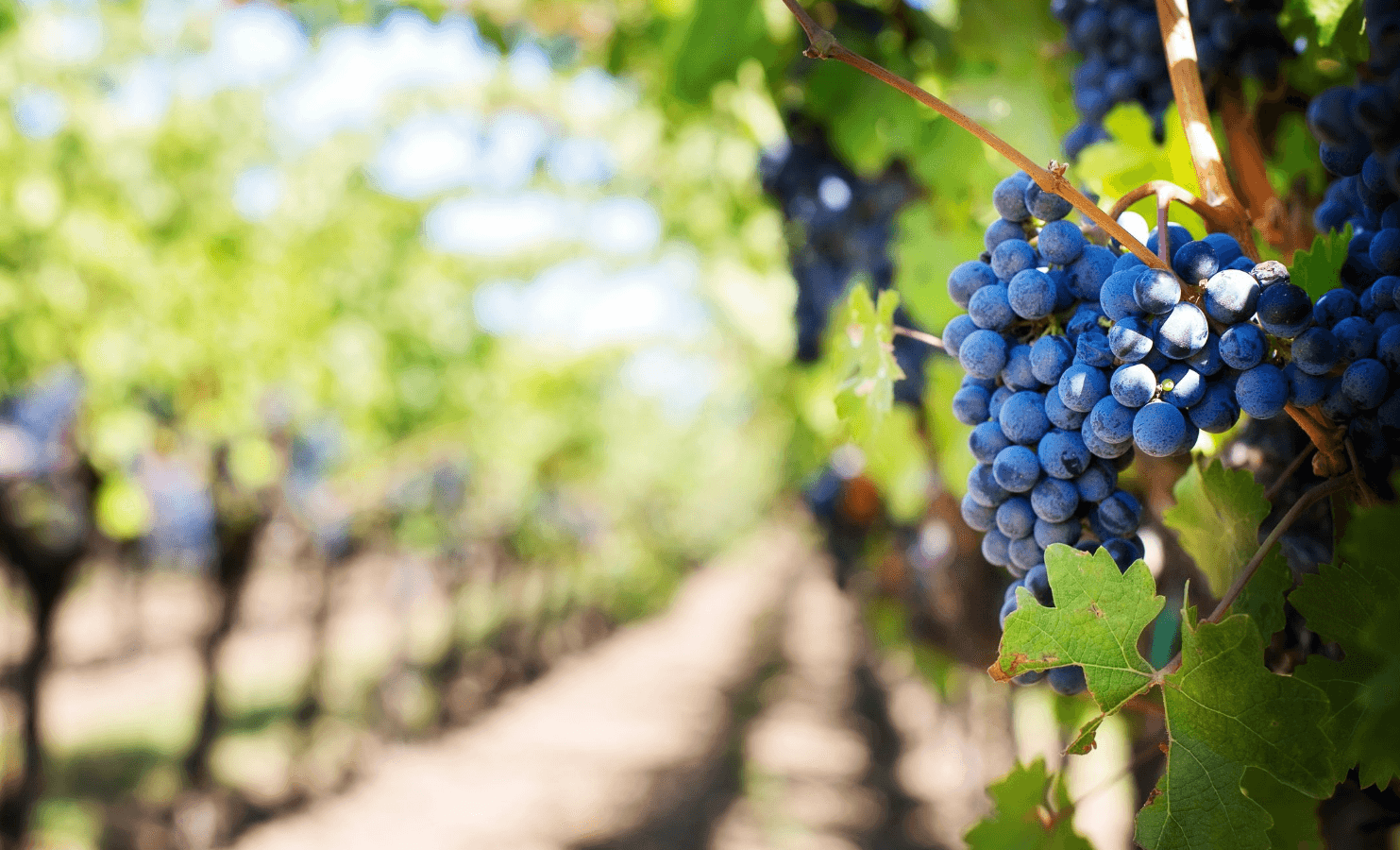
Case Study - Viña Concha y Toro
Viña Concha y Toro is a global wine producer. Founded in 1883, the company now has a presence in more than 130 countries with over 12,000 hectares of vineyards and a revenue of over $1 billion USD in 2020.
Viña Concha y Toro’s mission to create a sustainable business has led it to establish science-based targets. To find out more about how Viña Concha y Toro is approaching sustainability, the Science Based Targets initiative (SBTi) sat down for a chat with the company’s Sustainability Director, Valentina Lira.
What is Viña Concha y Toro’s science-based target and why did you set it?
The wine industry is directly affected by climatic conditions and agricultural risks, and therefore achieving a low-carbon future is critical for the long-term success of our business. In 2019, we proudly became the first Latin American company to commit to science-based targets aligned with keeping warming levels below 2°C.
We subsequently upgraded our science-based target to align with 1.5°C. Now, our target is to reduce our absolute scope 1, 2, and 3 GHG emissions by 55% by 2030 compared to 2017. We are also committed to the Business Ambition for 1.5°C campaign, aiming to reach net-zero emissions by 2050 and a decarbonized future that can limit the impacts of climate change.
What are the key components of your decarbonization strategy?
Our decarbonization strategy has two key components. Firstly, with our scope 3 emissions accounting for 83% of our total emissions, we are constantly measuring our carbon footprint throughout our supply chain. Our main emissions in scope 3 include emissions from packaging materials (45%), transport and distribution of products (31%), purchasing of grapes (14%) and other supplies and services (11%). For each category we have a medium- and long-term plan in order to generate significant reductions. The most relevant, because of the wide involvement it requires, is the Carbon Footprint Program that we have had in place since 2011 with our packaging suppliers. Under this program, they started to measure and reduce their carbon footprint. Now, we are working with our suppliers to help them set science-based targets through our company's internal Science Based Targets Suppliers Program. Together with the ecodesign principles that we are developing in alliance with our bottle suppliers in order to reduce the carbon footprint of this main supplier, we are sure that at least 12,000 tons of CO2 emissions would be reduced by 2025.
Additionally, our decarbonization strategy focuses on a renewable energy transition from fossil fuels throughout all of our controlled facilities. Together with the inclusion of renewable energies in our electricity sources, these measures will allow us to cut almost 60% of all scope 1 and 2 emissions.
We annually assess our progress and strategy to ensure it properly aligns with climate reduction needs and adapt our efforts when necessary. We also report the advances in the CDP Platform annually.
What short-term climate actions are you progressing?
We are working on multiple projects to address decarbonization. Within our core components, some of the following short-term actions are:
Our 2030 Agenda commits us to working closely with suppliers. So far, we have engaged 75% of our suppliers to reduce over 15% of their GHG emissions from the materials they provide us, and we aim to raise this goal to all our suppliers in the short-term, using science-based targets as the official methodology.
We are focused on gaining independence from fossil fuels by increasing our use of renewable energy. 85% of our energy already comes from renewables, and we aim to raise this number to 100% in the near future. We also formed an alliance, called Futuro Renovable, with the German innovation center Fraunhofer Chile. The alliance seeks to promote technological innovation projects that will enable the company to move towards a sustainable and decarbonized energy matrix. We will evaluate the possibility of using green sources and technologies, such as organic waste management and treatment, biomass composting, bioenergy generation, green hydrogen and other emerging technologies that are applicable to the company's production strategy.
What is your biggest challenge to decarbonization and how are you addressing it?
The majority of our emissions fall under scope 3, which are often outside of our full operational control. That said, we are committed to reducing these emissions as much as possible by engaging with critical stakeholders and promoting sustainability throughout our supply chain. Through our Suppliers, Sustainability, and Carbon Footprint program, we annually assess our suppliers’ sustainability impacts, provide training and share knowledge about valuable techniques for measuring and managing emissions. Since 2011, we have achieved a 23% reduction in GHG emissions tied to packaging activities.
Perhaps the most difficult source of emissions are from distribution. They account for 20% of our scope 3 and it is very unthinkable that we as customers can make the marine distribution sector move towards an initiative like SBTi. It would be really good news for all exporters to know more about future commitments from this sector. It is vital that distributors cut emissions at the speed required in order for us to meet our science-based target.
Can you provide more detail on how you engage your supply chain on climate action, and support them to set science-based targets?
In 2019, in collaboration with Vinos de Chile, we organized the Carbon Emissions Management and Science Based Targets conference. In an effort to urge the Chilean wine industry to become a leader in measuring and curbing our carbon footprint, we shared our expertise and knowledge about setting science-based targets, measuring and reducing emissions, and identifying initiatives towards a decarbonized future. This collaborative effort reveals how committed the Chilean wine industry is towards reaching a net-zero future that will protect our planet and the growth of the industry. In this group there are almost 15 Chilean wineries, some of them have already committed to the SBTi, but we hope early next year, many of them will be committed.
Vineyards are sensitive to climatic impacts and winegrowers have been at the frontlines of adapting to profound changes for decades. A rapid transition to a low carbon economy with science-based targets will allow the industry to mitigate challenges, preserve age-old traditions and continue to make delicious wines.
Viña Concha y Toro is one of more than 1000 companies to join the Business Ambition for 1.5°C campaign and commit to align their targets with limiting global temperature rise to 1.5°C above pre-industrial levels. We urge all ambitious companies to become climate leaders by joining this campaign.
Latest News
View News


